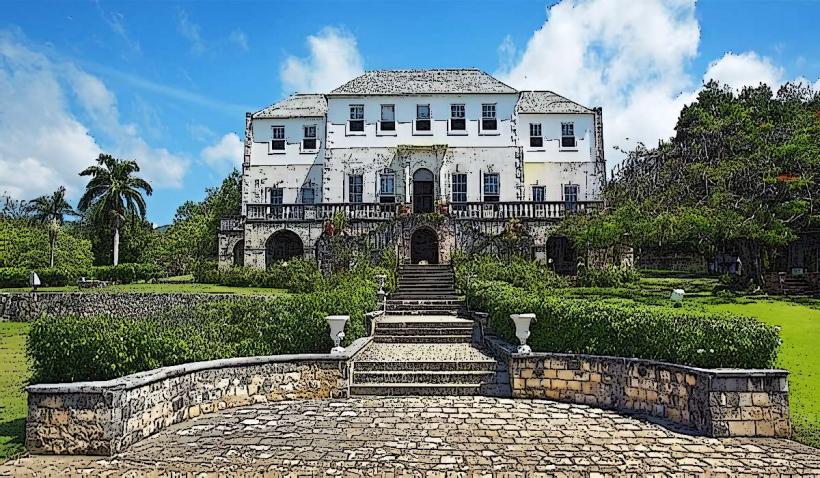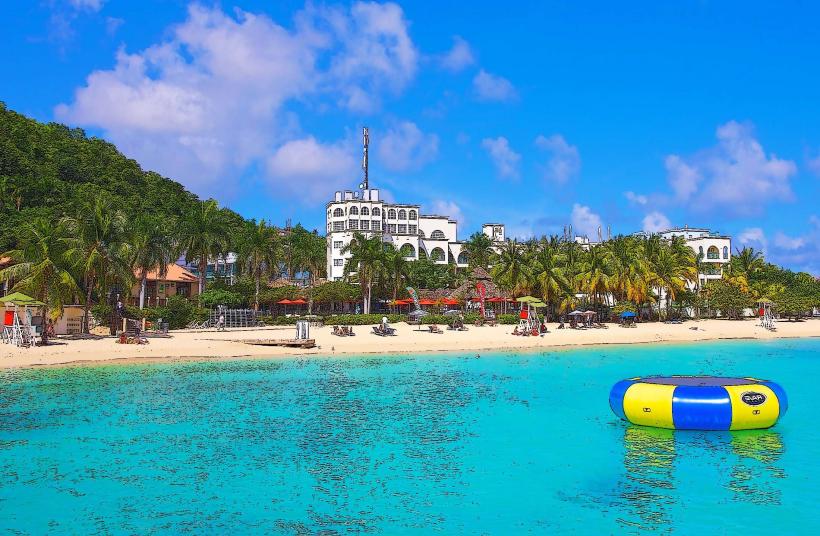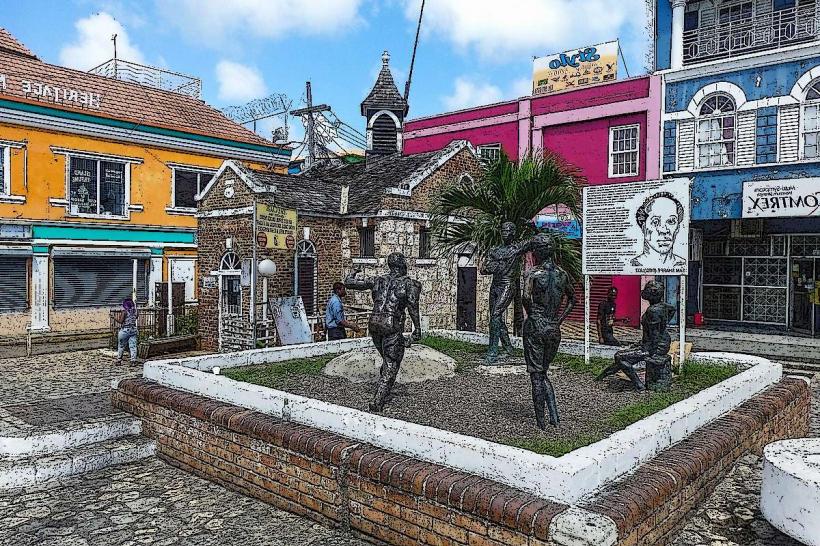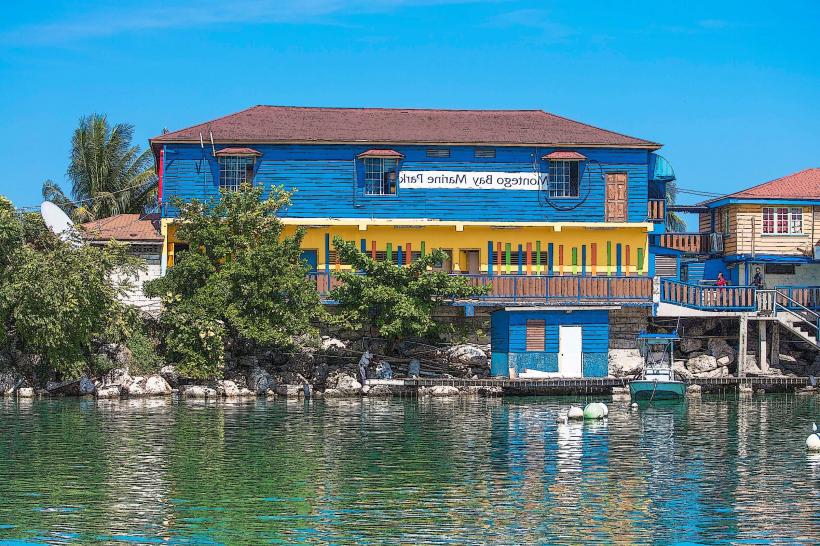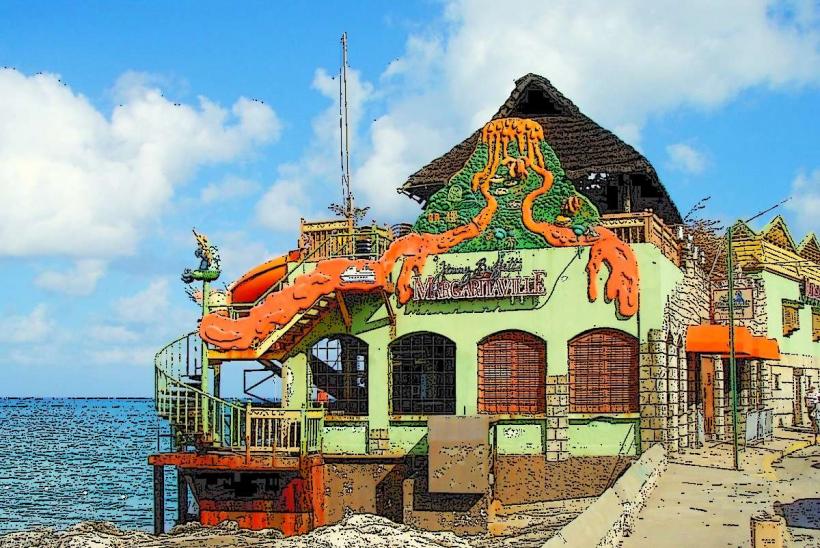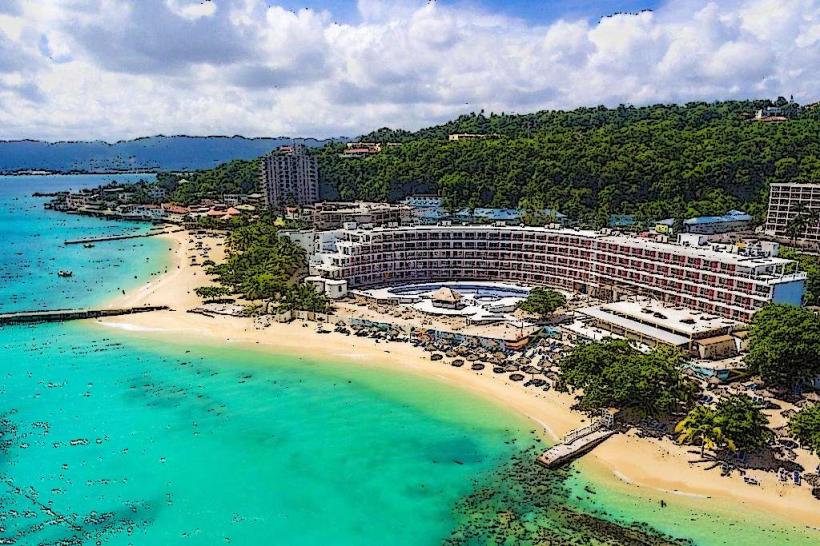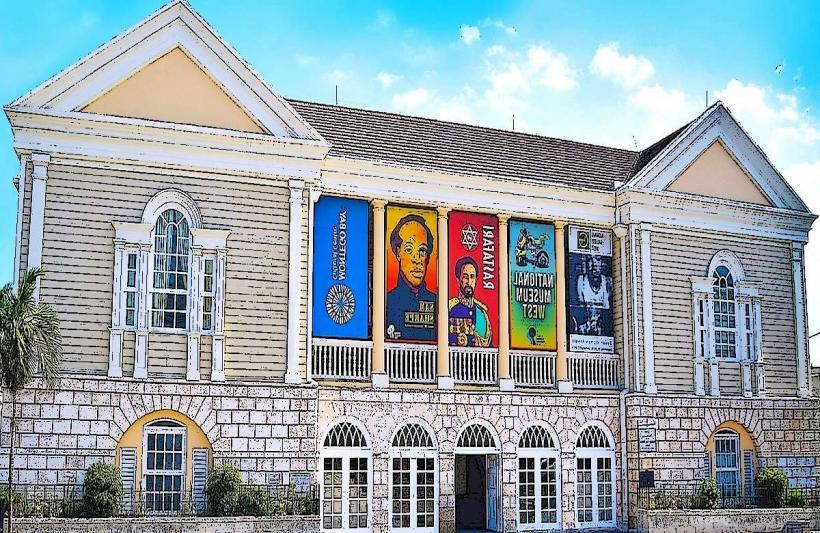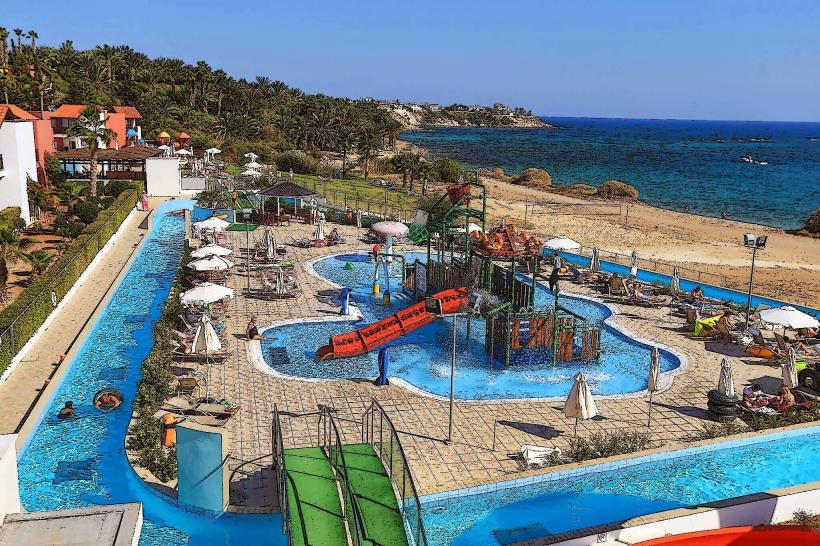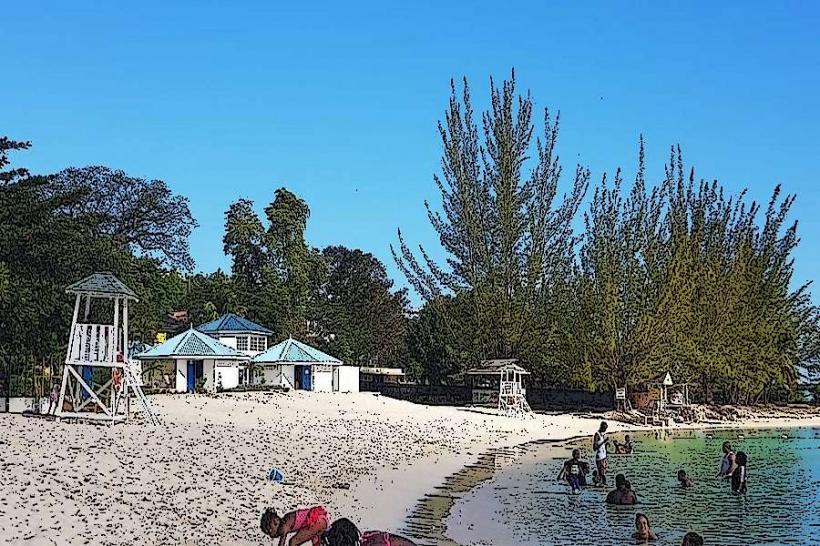Information
Landmark: Fort MontegoCity: Montego Bay
Country: Jamaica
Continent: North America
Fort Montego, Montego Bay, Jamaica, North America
Fort Montego is a historic fortification located in Montego Bay, Jamaica, with a significant role in the island’s colonial past. It was originally built by the British in the 17th century, during a time when they were establishing a stronghold over the Caribbean islands. The fort's primary purpose was to defend the harbor of Montego Bay from pirates and enemy ships. While the fort has been largely diminished over time, it remains an important part of Jamaica's colonial history.
History and Significance
Fort Montego was constructed around 1686 by the British during the height of Jamaica's sugar production and its importance as a trading hub in the Caribbean. The fort's strategic location on the Montego Bay harbor allowed it to control access to the bay, which was a vital part of the island’s economy, especially for the sugar trade.
- Defense Role: The fort was designed to protect the harbor and the town of Montego Bay from attacks, particularly from Spanish forces or pirates, who were frequent threats in the region at the time.
- Pirate Threats: During the 17th century, the Caribbean was notorious for pirate activity. The British built several forts across the island, including Fort Montego, to safeguard their interests from both pirates and rival European powers.
- Later Use: Over the years, Fort Montego’s role as a military defense post diminished, and much of the structure fell into disrepair. By the late 18th century, its military importance had significantly waned, and the fort eventually became a private property.
Current Status and Features
Today, Fort Montego is not as prominent as some other historical sites in Jamaica, but it still stands as a reminder of the island’s colonial past. It is located near Montego Bay’s town center, close to the popular Hip Strip (Gloucester Avenue).
The fort itself is relatively small and has suffered from years of erosion and neglect, with only ruins and fragments of the original structure remaining. However, the site still offers a glimpse into the historical significance of the area.
Key features of the site include:
Ruins of the Fort: While the fort is not fully intact, visitors can explore the remnants of the structure, including stone walls, cannon placements, and other colonial-era architectural elements. These ruins offer a glimpse into the fort's once-mighty presence.
Scenic Views: The fort is located on a slight hill, offering panoramic views of the Montego Bay harbor. It’s a great spot for visitors to appreciate the strategic position that the fort once held in guarding the bay.
Monuments and Plaques: The site features a few plaques and information boards that provide historical context about Fort Montego’s role in Jamaica’s colonial history. Visitors can learn about its military function and the people involved in its construction and defense.
Nearby Attractions
Montego Bay Marine Park: The Montego Bay Marine Park is located nearby and offers a chance to explore marine life through activities like snorkeling and scuba diving. The Marine Park also serves as a protected area, ensuring that the coral reefs and marine ecosystem remain intact.
Sam Sharpe Square: A historical square in the center of Montego Bay, dedicated to Sam Sharpe, a national hero who led a slave rebellion in 1831. The square is a significant part of Jamaican history and is home to various monuments and statues.
Hip Strip (Gloucester Avenue): Just a short distance away, the Hip Strip is a bustling area filled with shops, restaurants, and beaches, including the famous Doctor’s Cave Beach.
Conclusion
Although much of Fort Montego has deteriorated over the years, it still holds historical significance as one of the remnants of Jamaica's colonial past. It offers visitors a chance to experience the island’s history through its ruins and its strategic views of the harbor. If you’re in Montego Bay and interested in the island’s history, especially the colonial period, visiting Fort Montego is a worthwhile stop. Its proximity to other popular attractions in Montego Bay also makes it easy to combine with other activities in the area.

